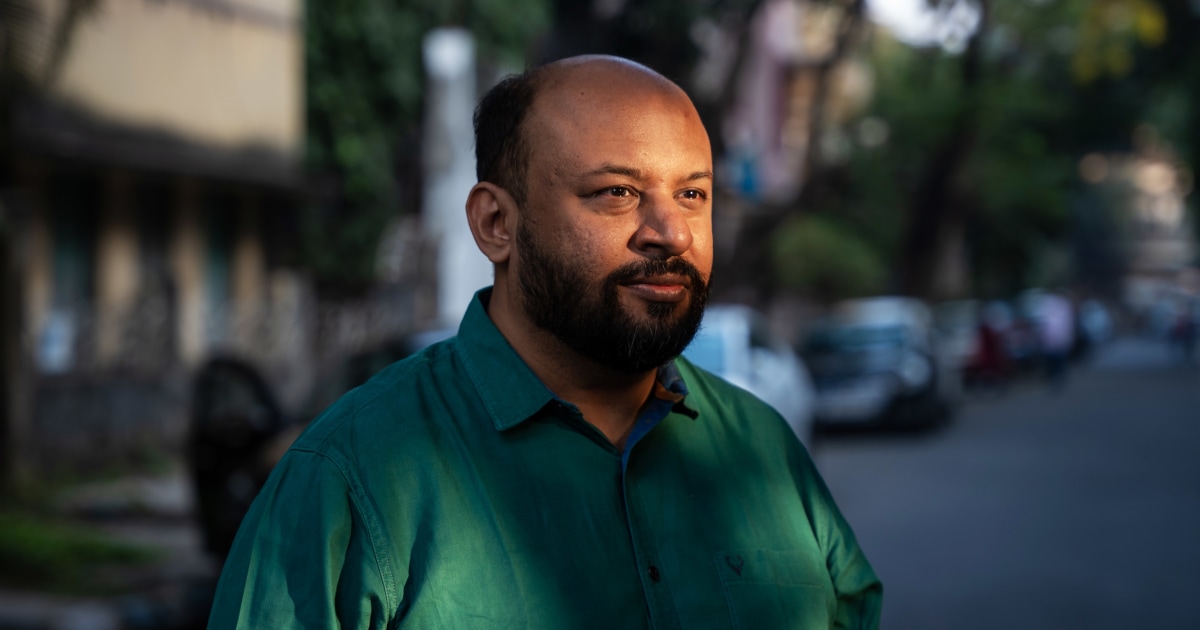
www.nbcnews.com
Elon Musk’s Twitter risks opening floodgates of hate speech and extremism in India
Twitter layoffs in India cut deeply into some of the company’s most critical teams, including those dealing with government information requests and moderation.
Culture & Entertainment
SRINAGAR, India — For five years, Alt News has fought India’s rise in disinformation tied to Hindu nationalism, with Twitter as one of the main battlefields.
The fact-checking website’s work debunking fake news and calling out hate speech by powerful people against India’s ethnic and religious minorities has made it one of the country’s leading independent news outlets, earning its founders a mention on an unofficial shortlist for this year’s Nobel Peace Prize.
“We are able to make certain topics the center of conversation” on Twitter, said Pratik Sinha, who founded Alt News with a fellow software engineer, Mohammed Zubair.
In addition to using Twitter to defuse tensions both online and offline, the nonprofit Alt News relies on the platform as an important source of crowdfunding.
All that is now in jeopardy amid the chaos at Twitter since its takeover last month by billionaire entrepreneur Elon Musk. With 24 million users, India is Twitter’s third-largest market after the U.S. and Japan, as well as one of its greatest challenges. But more than 90% of Twitter’s 200-odd employees in India were reportedly among the thousands worldwide who have lost their jobs under Musk’s ownership.
As in the U.S., the layoffs in India cut deeply into some of Twitter’s most critical teams, including those dealing with government information requests and content moderation.
In an open letter last month, U.N. human rights chief Volker Türk urged Musk to make human rights central to his management, noting the pressure that Twitter and other social media platforms have come under from governments around the world over freedom of expression.
“Like all companies, Twitter needs to understand the harms associated with its platform and take steps to address them,” he wrote.
Musk, who calls himself a “free speech absolutist,” has argued the platform should be as unrestrained as possible. Since he took the helm, he has reinstated the accounts of people like former President Donald Trump, whose account was suspended last year over posts inciting violence.
But Big Tech like Twitter is used — and perceived — differently outside the U.S., where the majority of its users live. From the genocide of ethnic Rohingya in Myanmar to attacks on Muslims in India, social media platforms have been criticized for allocating inadequate resources in the Global South to tackle hate speech, misinformation, the targeting of political dissidents and the real-life violence that often results.
“For the longest time, South Asian countries have been ignored in terms of policy, content moderation strength and language support,” Sinha said.
Although Twitter has always been moderated through “the prism of the developed world,” he said, the danger now is that “Musk is dictating policies from his own prism: the prism of a U.S. billionaire.”
Twitter’s U.S. media team did not respond to an emailed request for comment. A WhatsApp message to a Twitter communications employee in India also went unanswered.
‘Complex political realities’
While Twitter has fewer users than Facebook, civil society groups and journalists say it is a crucial tool for holding the powerful to account. It has been used in multiple countries to organize anti-government protests and rally support for dissidents.
























































